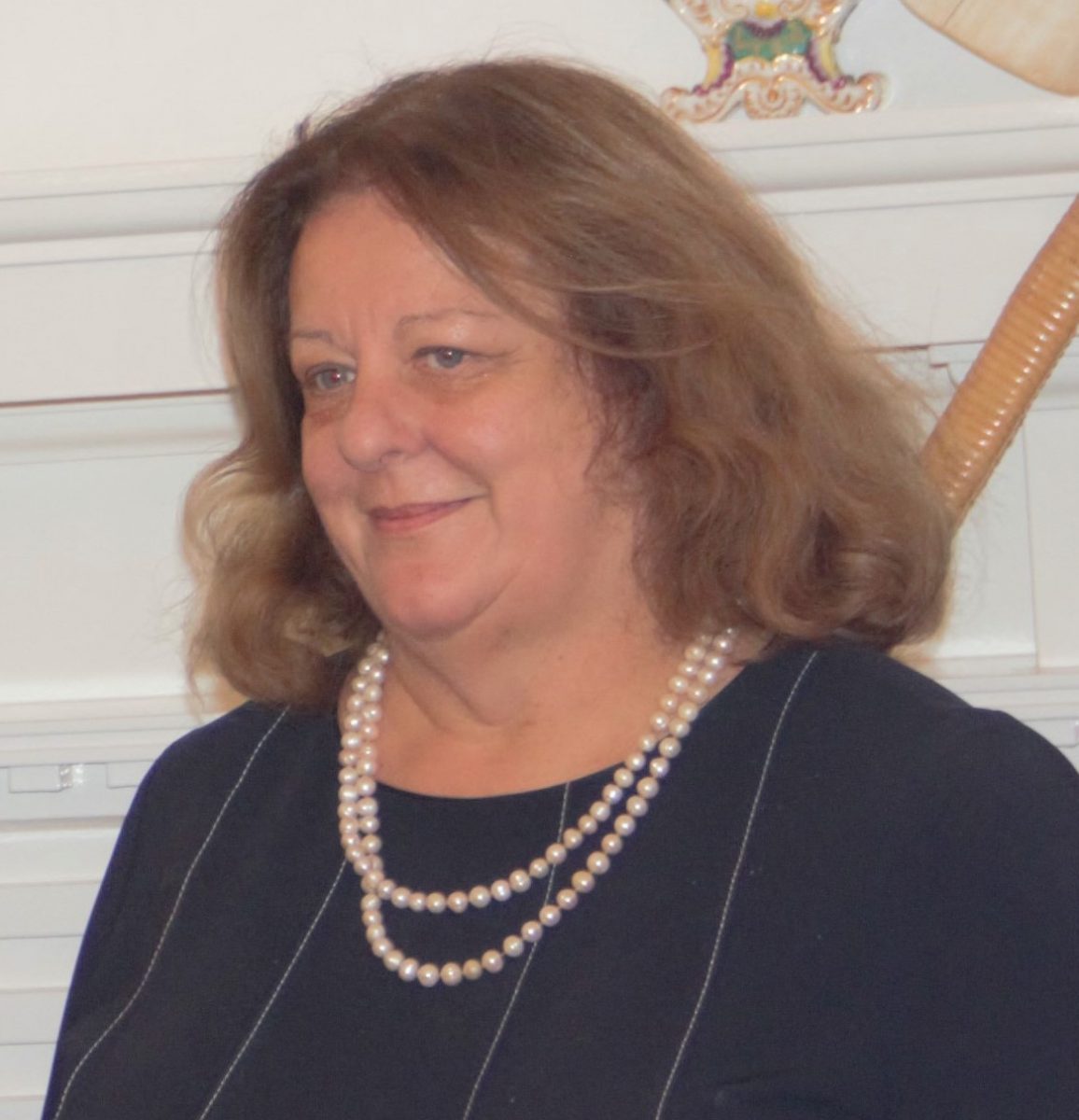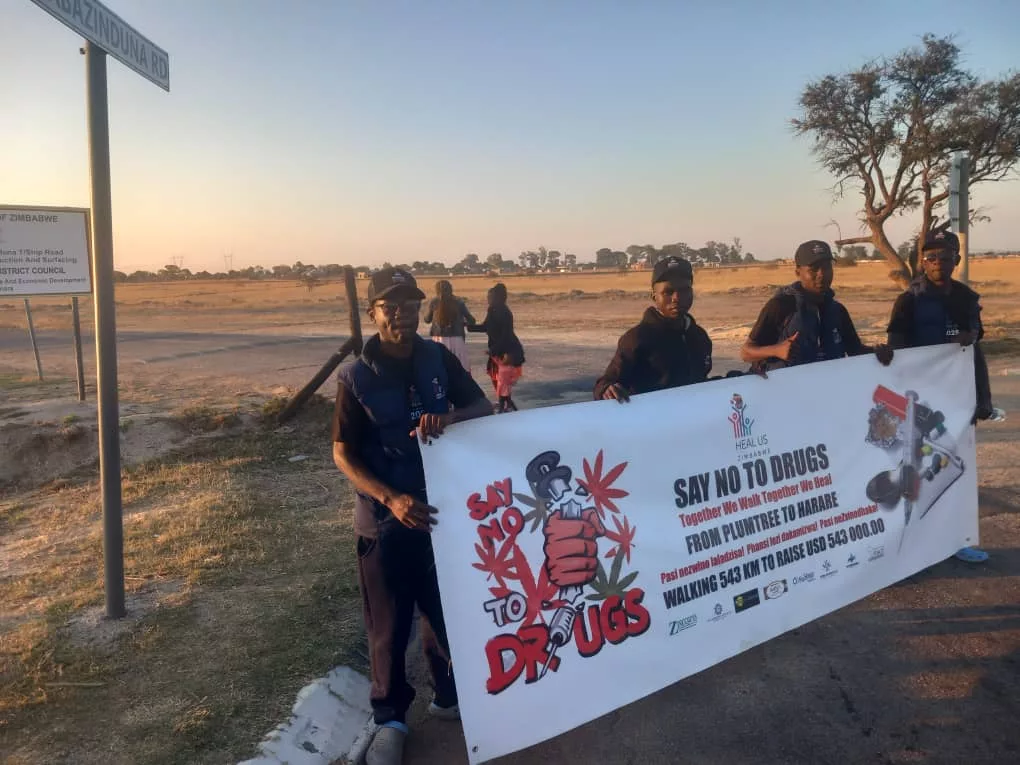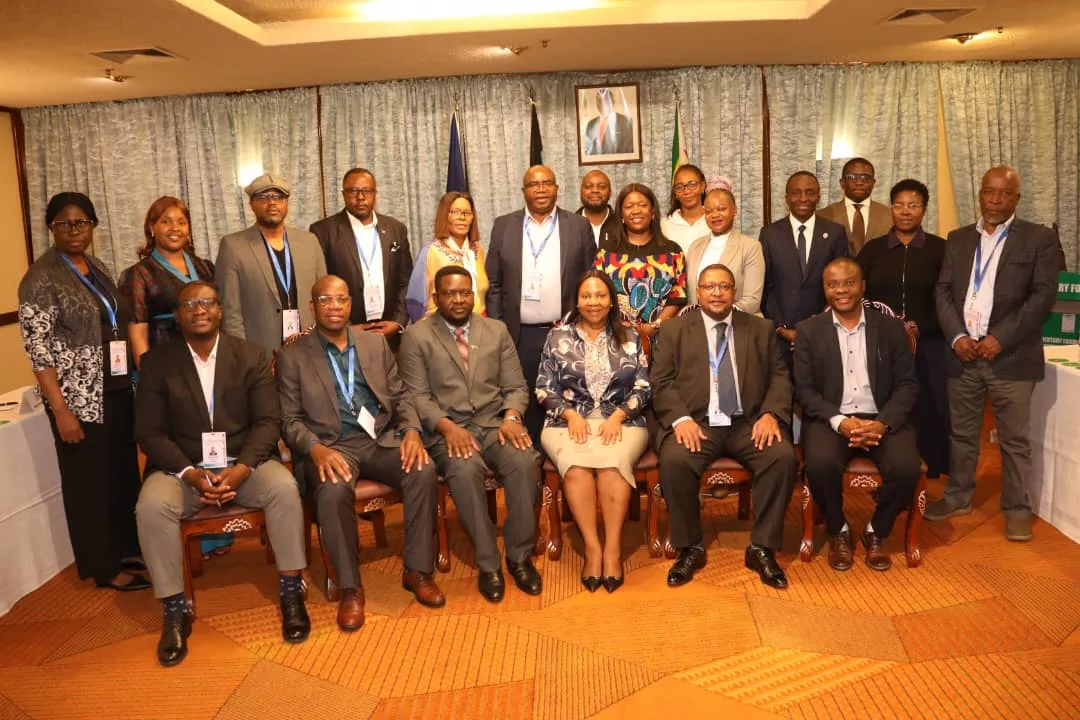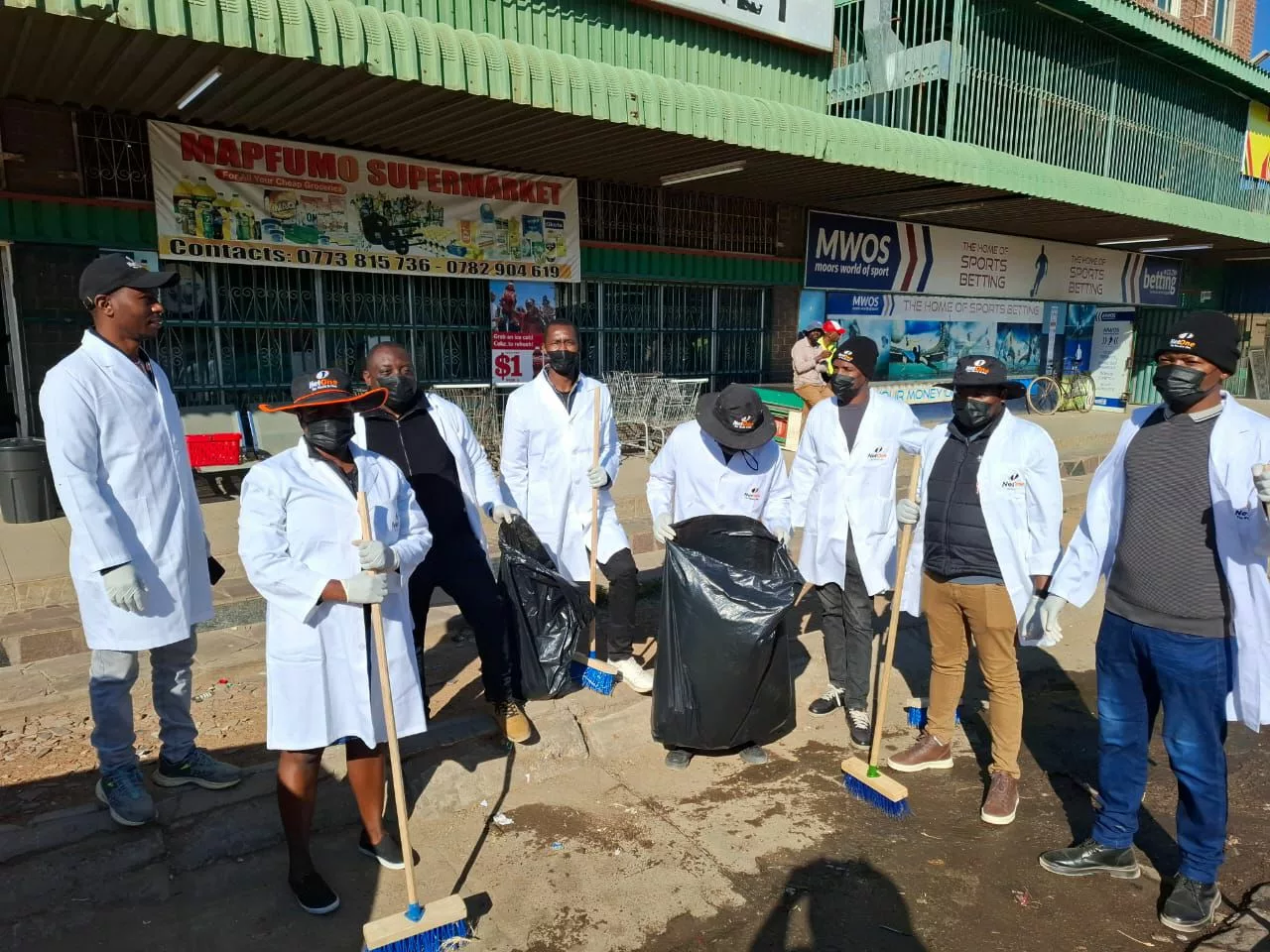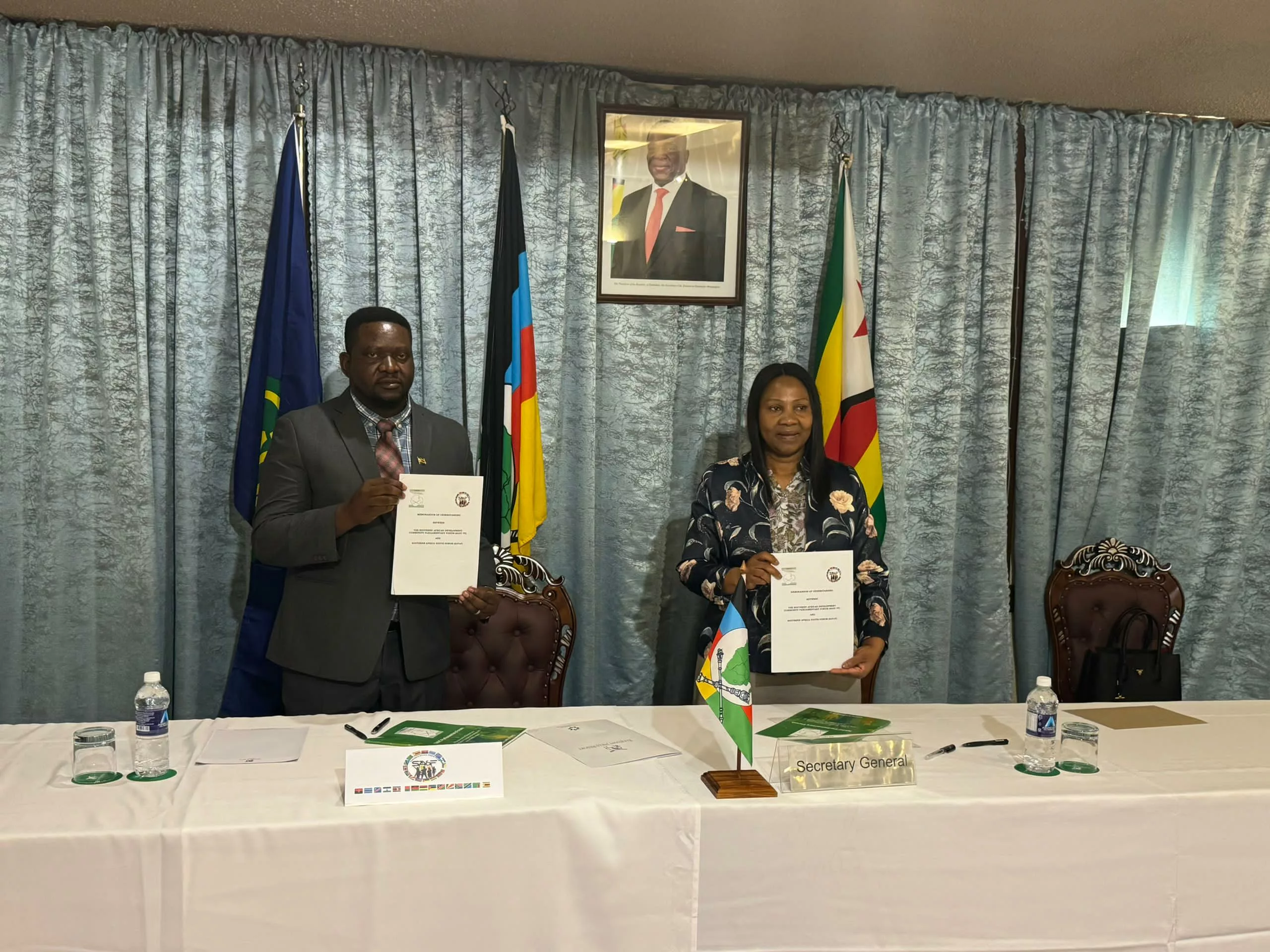Today at a high-level consultative virtual meeting, the Government of Zimbabwe and the UN Country Team determined four strategic priority areas for the new 2022-2026 Zimbabwe-UN Sustainable Development Cooperation Framework.
The meeting brought together Senior Government Officials and Heads of UN Entities and was convened jointly by the Chief Secretary to the President and Cabinet, Dr. M J M Sibanda and UN Resident Coordinator, Ms. Maria Ribeiro.
Noting the Government of Zimbabwe’s long-standing partnership with the United Nations, Dr. Sibanda said, “the UN Cooperation Framework strategic priority areas are aligned to the National Development Strategy 1 (NDS1) 2021-2025 with corresponding outcomes to contribute to the transformative agenda of the Government by refocusing the UN’s convening power and resource mobilization capabilities towards sustainable development.”
The four strategic priority areas agreed are:
- People-centered, equitable, human development and well-being.
- Environmental protection, climate resilience and natural resource management;
- Economic transformation, equitable and inclusive growth; and
- Transformative, accountable, equitable and inclusive governance.
The UN Cooperation Framework, central to the success of the UN Development System reform that the UN Secretary-General embarked on three years ago, will complement national priority areas, support the country to recover better from COVID-19 pandemic and contribute towards the achievement of the Sustainable Development Goals (SDGs).
Noting the Cooperation Framework adopts a human rights-based approach with gender equality, accountability and sustainability as the bedrock for sustainable human development, UN Resident Coordinator Ms. Maria Ribeiro said, “the UN Country Team with its partners will support Zimbabwe to ‘build forward better’ from the COVID-19 pandemic and address multidimensional causes of poverty, inequalities, and reduce vulnerabilities.” The high-level consultation meeting also discussed how to strengthen partnerships between the Government of Zimbabwe and the UN Team in the areas of development coordination, results reporting, resource leveraging, communications and advocacy as well as monitoring and evaluation for evidence- based decision making.


